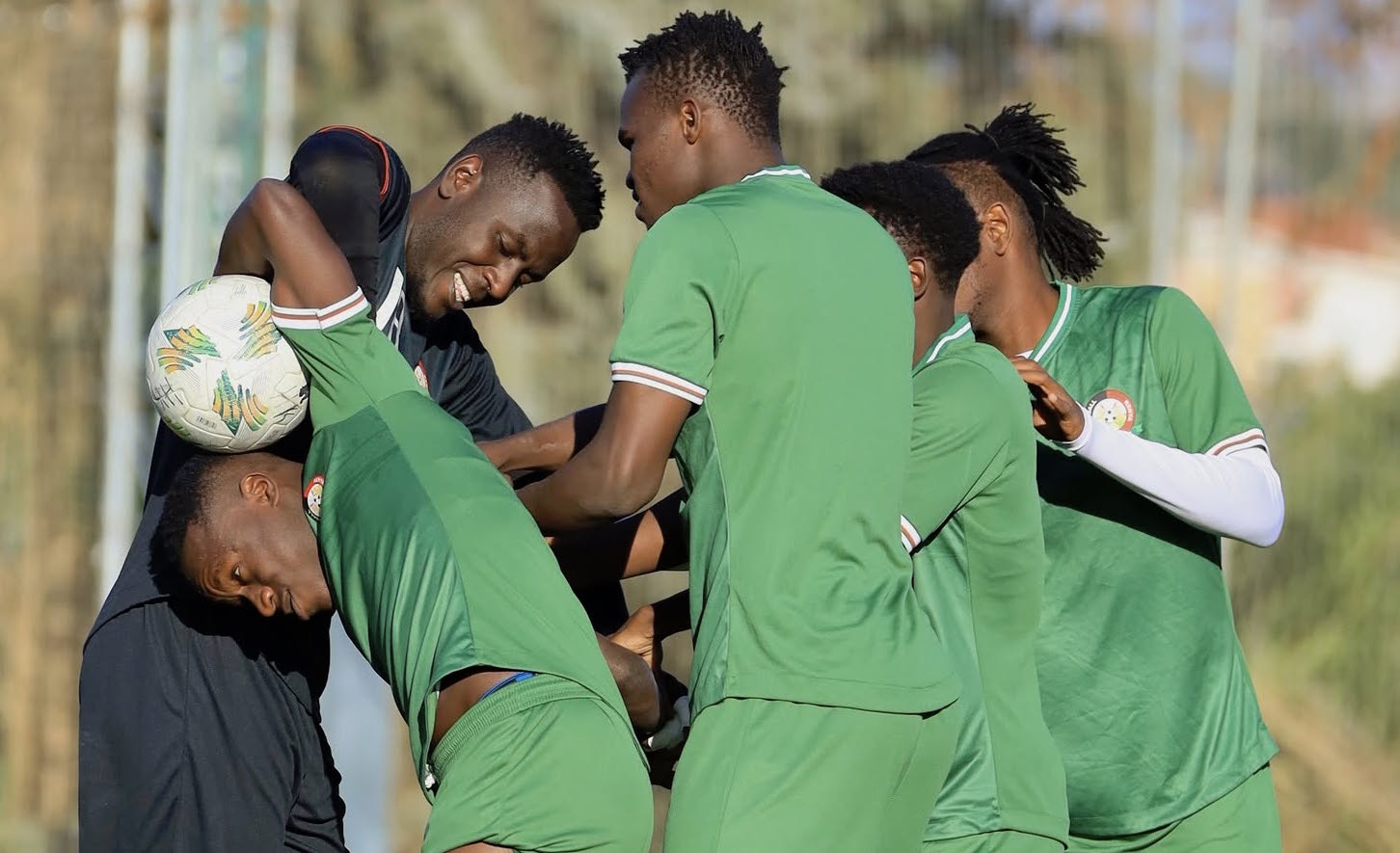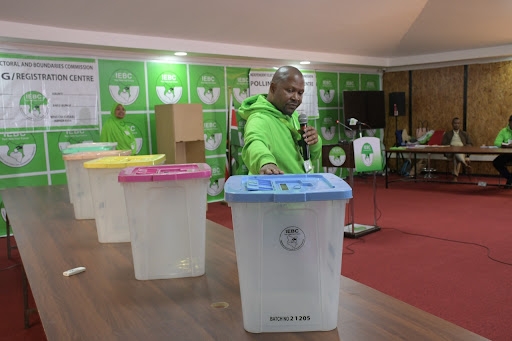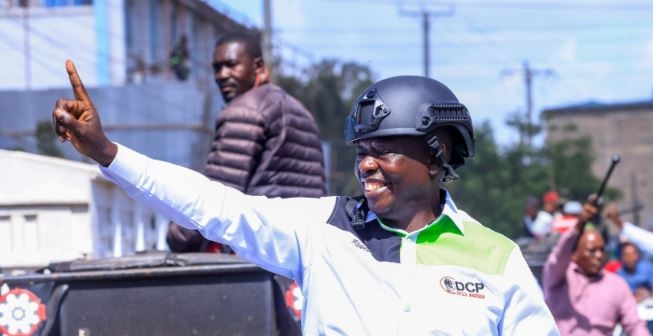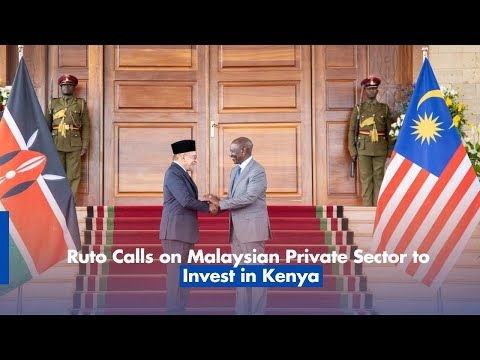
 Harambee Stars players in training/HANDOUT
Harambee Stars players in training/HANDOUTKenya’s national football team, the Harambee Stars, returned from Antalya, Turkey, last week bruised, battered and humiliated.
An 8-0 Defeat to Senegal in an international friendly is more than just a bad result — it is a symptom of deeper structural and managerial flaws in our football system.
The loss, while shocking in its margin, should not come as a surprise. From the outset, the preparation for these matches was inadequate.
Initially scheduled to face Madagascar and the Comoros, the Stars found themselves informed at the last minute that the fixtures had changed to matches against continental heavyweights Senegal and Equatorial Guinea.
Assistant coach Vasili Manousakis confirmed that the squad was taken aback by this abrupt shift.
Head coach Benni McCarthy, operating from Scotland, had selected a squad with the original opponents in mind.
The decision to switch opponents not only disrupted planning but also left the team underprepared for a higher level of competition.
The squad had barely assembled before departure, with only a handful of training days in Turkey to gel and internalise tactical instructions.
Moreover, the selection itself raised questions. Many of the nation’s more seasoned players were omitted, leaving a squad largely comprised of performers from the 2024 Africa Nations Championship.
While these players have demonstrated promise, they lack the experience necessary to confront continental powerhouses. Predictably, the result was one-sided.
The Football Kenya Federation (FKF) and the technical bench must learn from this debacle.
Kenya’s football ambitions cannot be advanced through ad hoc arrangements or last-minute decisions. To prevent future humiliation, several measures must be considered.
First, fixture planning and squad selection must be harmonised. Coaches need clarity on opponents well in advance, allowing for tailored training programmes and tactical preparation. Surprises of the kind experienced in Antalya are unacceptable at the national level.
Second, the integration of experienced players is non-negotiable. A balanced squad, blending emerging talent with seasoned campaigners, provides stability and leadership on the pitch.
Young players must be nurtured gradually, with exposure to high-calibre opposition introduced progressively, not thrust upon them without adequate preparation.
Third, logistical and operational planning must improve. Adequate time for travel, training camps, and acclimatisation should be non-negotiable.
International friendlies are not simply exhibition matches; they are opportunities to test the team against superior opponents while building cohesion and confidence.
Finally, the technical bench itself must be empowered and coordinated. Coaches cannot function in isolation or from afar.
They require full support on the ground, including scouting, data analysis, and medical and psychological support for the players.
The performance of the Stars in Antalya suggests that these mechanisms were either absent or insufficient.
Kenya’s footballing reputation matters. Humiliations of this magnitude not only dent national pride but also undermine the credibility of the Federation and the coach.
It is no longer sufficient to arrange matches against top-tier opponents and hope for the best.
Thoughtful planning, strategic squad selection, and disciplined preparation are prerequisites for meaningful progress.
The Antalya result should be a wake-up call. Kenya possesses talent, ambition, and a fanbase that hungers for success. But talent alone is not enough.
If the FKF and technical team wish to avoid further embarrassment, they must invest in planning, prioritise experience and implement structures that allow Stars to compete with dignity.
Anything less will continue to consign our national team to avoidable humiliation, and the reputation of Kenyan football will suffer accordingly.

















